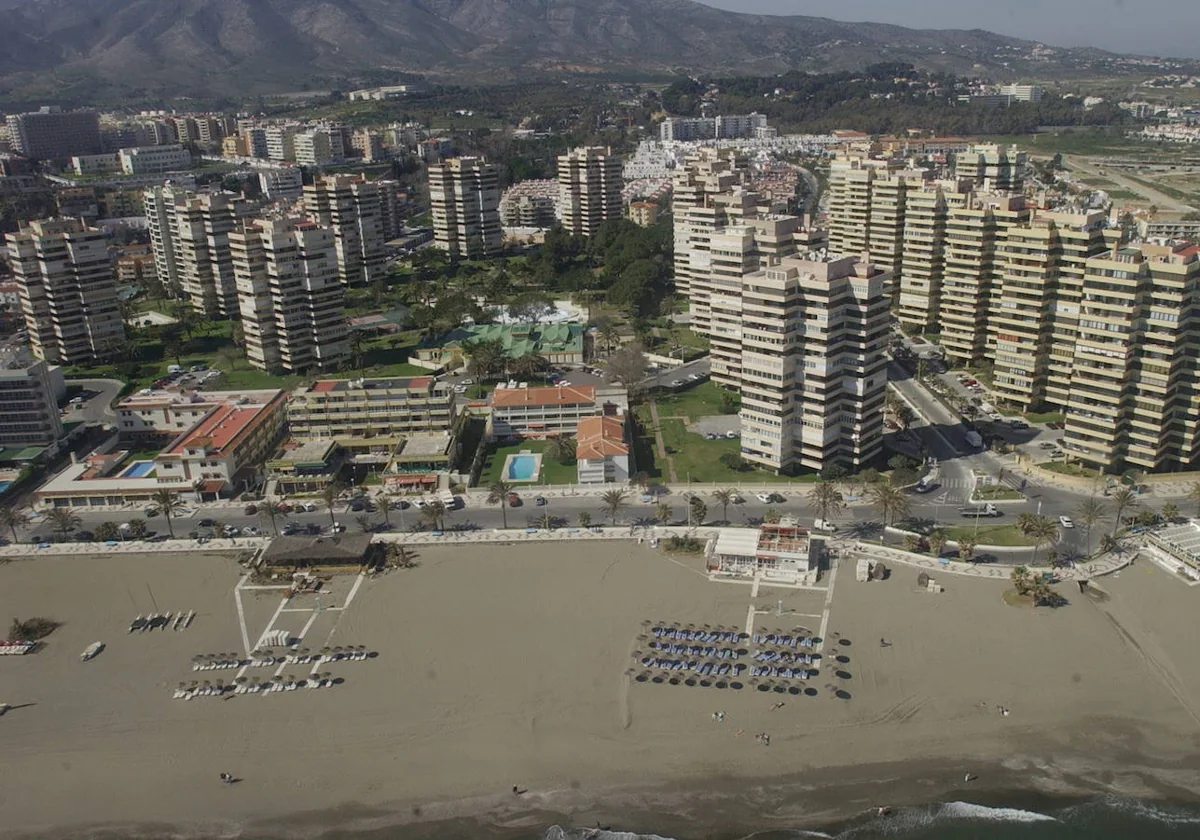Foreign buyers account for a third of all homes bought in Malaga and on the Costa del Sol
With 33.5% of such purchases, the province stands in fourth place in Spain for buyers from other countries
Residential tourism is playing an increasingly important role in Malaga's real estate market. This is reflected in a report that was presented on Tuesday this week during the second day of Spain's Congreso Nacional de Vivienda (national housing congress), which is being held in Malaga city.
This study, prepared by the APCE association of developers and builders of Spain, places Malaga as the fourth Spanish province on the list of the percentages of domestic property deals that are signed off to foreigners. To be precise, according to the latest data available (2022), 33.5% of apartment sales that were completed within Malaga province's borders were destined for foreigners. This percentage is double the national average for this type of real estate transaction (13.8% for both new and previously-owned homes).
Ahead of Malaga are Alicante (with 41.8% of sales to foreigners), Tenerife (35%), and the Balearic Islands (34.4%). As for the Andalucía region, Malaga province is well above the rest in terms of residential tourism, as the next highest figure is for Almeria at 18.7%. In the rest of the provinces the percentage is much lower, even in coastal areas such as Cadiz (5.2%), Huelva (8.2%) and Granada (7.1%).
In 2022, some 88,858 home purchases were registered nationally by foreigners, of which 11% were British, 9.5% German and 7% French. However, the study notes that in recent years, since 2016, there has been a drop in the number of British buyers, which may have been influenced by the UK's exit from the European Union.
The main regions in terms of foreign buyers in 2022 were the Valencian region, the Balearic Islands and Andalucía, which together took in 77% of these residential tourists. Andalucía's proportion of that was 19.6%, mostly due to Malaga province and the Costa del Sol However, this study places special emphasis on the economic benefits of residential tourism for Spain.
APCE highlighted Malaga province's potential for attracting foreign residents who telework
Firstly, it is estimated that investment in newly-built housing by foreign buyers accounts for 0.13% of gross domestic product (GDP) at a national level, with a contribution of just over 1.78 billion euros in 2022. Furthermore, in terms of employment, foreigners buying a home in Spain generate 27,534 full-time jobs, equivalent to 0.14% of total full-time employment at national level. Of these jobs, 10,592 are in the construction sector. Likewise, at a fiscal level, APCE has calculated a revenue of over 2.04 billion euros thanks to the residential tourism recorded in 2022.
For Beatriz Toribio, secretary general of APCE, this data shows that "residential tourism generates economic, employment and fiscal value that we have to take into account," as... "There is a tendency to have a negative view of tourism, but we cannot forget that we are a tourist power and this generates an economic activity that is very important for Spain at a key moment in which we have a lot of debt and we are one of the countries with the highest unemployment rate."
Toribio also highlighted the case of Malaga, as it is one of the provinces where this phenomenon is most prevalent, especially after the trend towards teleworking that caused the pandemic. "There are many tourists who come to Malaga to live for long periods of time because they can afford to do so thanks to teleworking. This should not be underestimated," she stressed. "In recent months we have been hearing only the negative side of tourism in general. Residential tourism has an economic contribution that the governing bodies should take into account. There must be some rules for the game, but tourism is a very powerful contribution to Spain's GDP."

